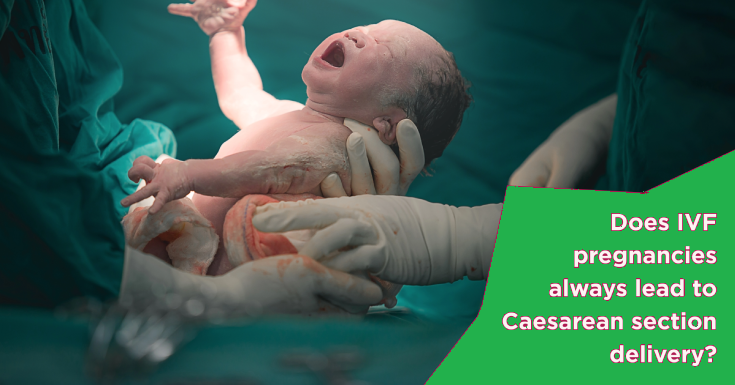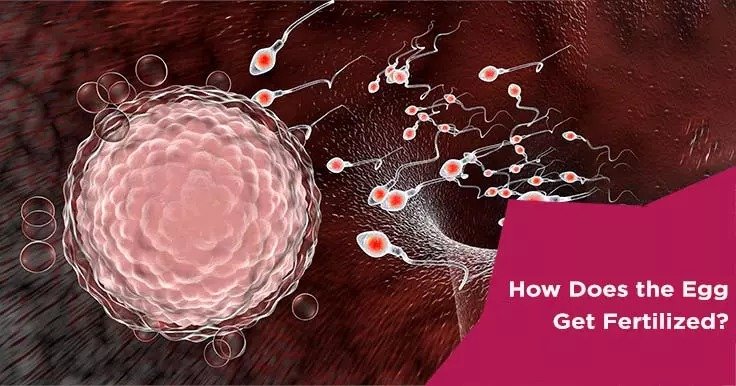The journey to parenthood is a profound and deeply personal experience, marked by joy, anticipation, and occasionally, challenges. In cases where conception proves elusive, assisted reproductive technologies (ART) such as In Vitro Fertilization (IVF) have emerged as revolutionary solutions, offering newfound hope to couples worldwide. In this comprehensive exploration, we will delve into the intricate details of IVF, unraveling the science behind it, understanding the procedure, and acknowledging the emotional journey it entails.
Understanding In Vitro Fertilization (IVF)
In Vitro Fertilization (IVF) stands as a revolutionary assisted reproductive technology that has transformed the landscape of reproductive medicine. This innovative procedure provides hope and a pathway to parenthood for couples facing various fertility challenges.
Who Might Consider IVF?
- Ovulatory disorders
- Tubal factor infertility
- Endometriosis
- Male factor infertility
- Unexplained infertility
- Genetic disorders
IVF involves fertilizing an egg with sperm outside the body, typically in a laboratory dish. The fertilized egg, now an embryo, is then implanted into the uterus to initiate pregnancy. This process allows for greater control over the conception process, circumventing certain obstacles to fertilization.

Odigyn Fertility Care pioneers excellence in fertility solutions, offering state-of-the-art facilities, expert medical guidance, and unmatched support in your journey to parenthood!
-
Ovarian Stimulation:
- The process begins with ovarian stimulation using fertility medications to encourage the ovaries to produce multiple eggs. Monitoring through blood tests and ultrasounds ensures the timing of egg retrieval.
-
Egg Retrieval:
- Once the eggs are mature, a minor surgical procedure is performed to retrieve them from the ovaries using a thin needle. This is a relatively quick and outpatient procedure performed under sedation.
-
Sperm Collection:
- On the same day as egg retrieval, sperm is collected from the male partner or a sperm donor. The collected sperm is then processed and prepared for fertilization.
-
Fertilization:
- In the laboratory, the retrieved eggs and prepared sperm are combined to facilitate fertilization. The embryologist monitors this process, observing the development of embryos over the following days.
-
Embryo Culture:
- The resulting embryos are cultured in a controlled environment to assess their quality and development. The healthiest embryos are selected for transfer to the uterus.
-
Embryo Transfer:
- Typically, one or more selected embryos are transferred into the woman’s uterus. The number of embryos transferred depends on factors such as age, health, and the quality of the embryos.
-
Luteal Phase Support:
- Hormonal medications are administered to support the uterine lining and facilitate embryo implantation. A pregnancy test is conducted a few weeks after the embryo transfer to determine its success.
In Vitro Fertilization represents a groundbreaking advancement in reproductive medicine, offering hope to those facing infertility challenges. As we unravel the science behind IVF, understand the procedure, and acknowledge the emotional and ethical dimensions, it becomes clear that success in this journey often requires a delicate balance of medical expertise, emotional resilience, and ethical considerations. As technology continues to evolve, IVF remains a beacon of hope, bridging the gap between the desire for parenthood and the complexities of fertility. With ongoing research and a holistic approach to reproductive health, IVF continues to be a transformative force, turning dreams of parenthood into tangible reality for countless individuals and couples around the world.



